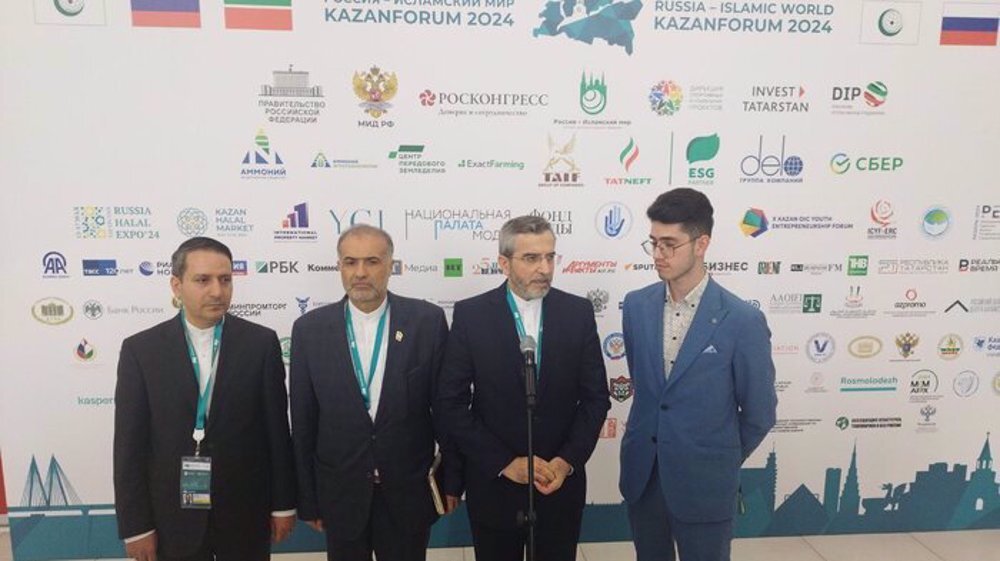BRICS resolute in de-dollarization drive: Iranian diplomat

TEHRAN - The member nations of the BRICS economic alliance have expressed unwavering determination to move towards de-dollarization by abandoning the U.S. dollar in trade and economic transactions, according to Iranian Deputy Foreign Minister for Political Affairs Ali Baqeri Kani.
De-dollarization refers to the process of reducing global dependence on the U.S. dollar as the primary reserve currency of the world.
Speaking at the 15th International Economic Forum "Russia-Islamic World: KazanForum 2024," Baqeri Kani emphasized the need for developing necessary infrastructures in various sectors to facilitate this shift.
For nearly a century, the U.S. dollar has maintained its status as the dominant reserve currency, held by central banks worldwide for value storage and cross-border transactions. However, countries are now seeking to lessen their reliance on the U.S. dollar due to concerns over Washington's exploitation of the currency for political purposes. The U.S. has utilized the strength of the dollar to impose sanctions on nations that do not align with its political agenda.
BRICS experts are actively engaged in consultations to establish mechanisms that will support the de-dollarization objective of the group. Comprising Brazil, Russia, India, China, South Africa as well as Iran, Egypt, Ethiopia, the UAE and Saudi Arabia, BRICS represents a significant portion of the global population (42%) and economies (27%).
The alliance has emerged as a prominent force in shaping international affairs since its establishment in 2006, often challenging the political and economic dominance of the Western powers.
Iran-Russia cooperation boosts peace and security
Elsewhere in his comments, Baqeri Kani emphasized that the deepening cooperation between Iran and Russia does not pose a threat to any other nations. Instead, he said, it aims to enhance the well-being of both countries and promote regional stability and peace.
He highlighted the significant potential for Iran and Russia to strengthen their economic ties by breaking the West's grip on the global economy. The two nations intend to leverage their relationship in various forums, including the Shanghai Cooperation Organization and BRICS, he stated.
Baqeri Kani also emphasized the need for independent states to collaborate and forge stronger economic bonds, adding that political multilateralism can help foster stability in economic relations.
Iran and Russia have been consistently developing closer ties in recent years. The two countries have vast and extensive cooperation in a host of fields, including in economy, security, and culture.
